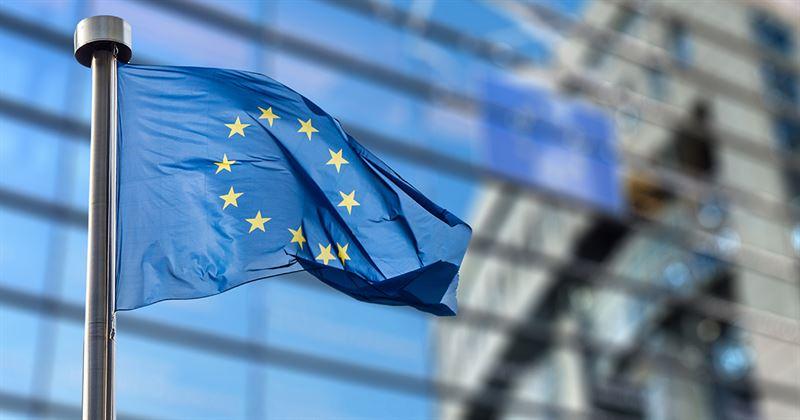As we reported in an earlier announcement this year, the VAT in the Digital Age (ViDA) initiative originated from the European Commission’s endeavours to achieve fair and simple taxation that has been reflected in various and continuous efforts as part of the former VAT recovery strategies. ViDA is a significant step of the European Commission that will impact businesses operating in the EU and beyond.
On 8 December 2022, a press conference was hosted by the Commissioner for Economy, Paolo Gentiloni, who emphasized the objectives of the ViDA initiative. Furthermore, he summarized the key frameworks introduced by the legislative proposals that entail a colossal reform across three main pillars – e-invoicing and digital reporting, the single VAT return for trading across the EU, and the platform economy.
One of the key proposals is the move to real-time digital reporting based on e-invoicing for businesses that operate cross-border in the EU.
Currently, VAT return reports are prone to criminal VAT fraud, as the data for the intra-EU trade transactions is inspected months after their occurrence, which makes it too slow for Member States to keep up with tax evasion. The new proposal will introduce an EU-wide standard for the real-time reporting of cross-border supplies through transaction-based electronic invoicing. Consequently, each intra-EU B2B business transaction will have to be accompanied by an e-invoice submitted to the national authority via an EU-wide database system.
The impact of the proposed system
The system will allow Member States to tackle fraud by giving them real-time information they need to act upon suspicious transactions. The proposed method is estimated to help EU countries recoup an annual revenue of up to EUR 11 billion over the upcoming 10 years.
Moreover, it will help alleviate the current heavy reporting requirements by saving businesses EUR 4.1 billion yearly over the same 10-year period. The proposal is, therefore, a win-win for both businesses and governments.
Which legislative acts are being amended?
The proposals take the form of amendments to three pieces of EU legislative acts: the VAT Directive (2006/112/EC), the Council Implementing Regulation (EU 282/2011) and the Council Regulation on Administrative Cooperation (EU 904/2010). The amendments will be sent to the Council for agreement and to the European Parliament with the Economic and Social Committee for consultation.
What does the future hold?
This is one of the biggest EU VAT reforms in almost three decades. It is a good time for businesses to start analysing the proposed transformational changes under ViDA and the move towards mandatory e-invoicing and real-time digital reporting.
It will be interesting to follow how continuous regulatory changes will force EU countries and businesses operating there to adopt more digitalized strategies. Stay tuned to Pagero for more details coming soon.
ViDA guide: Learn how to navigate the proposal
Prepare for ViDA by getting our comprehensive guide with hands-on information about the changes and how to handle them.
Pagero Compliance Monitor
Sign up for our Compliance Monitor to stay ahead of e-invoicing developments worldwide.
Get the latest news from Pagero

